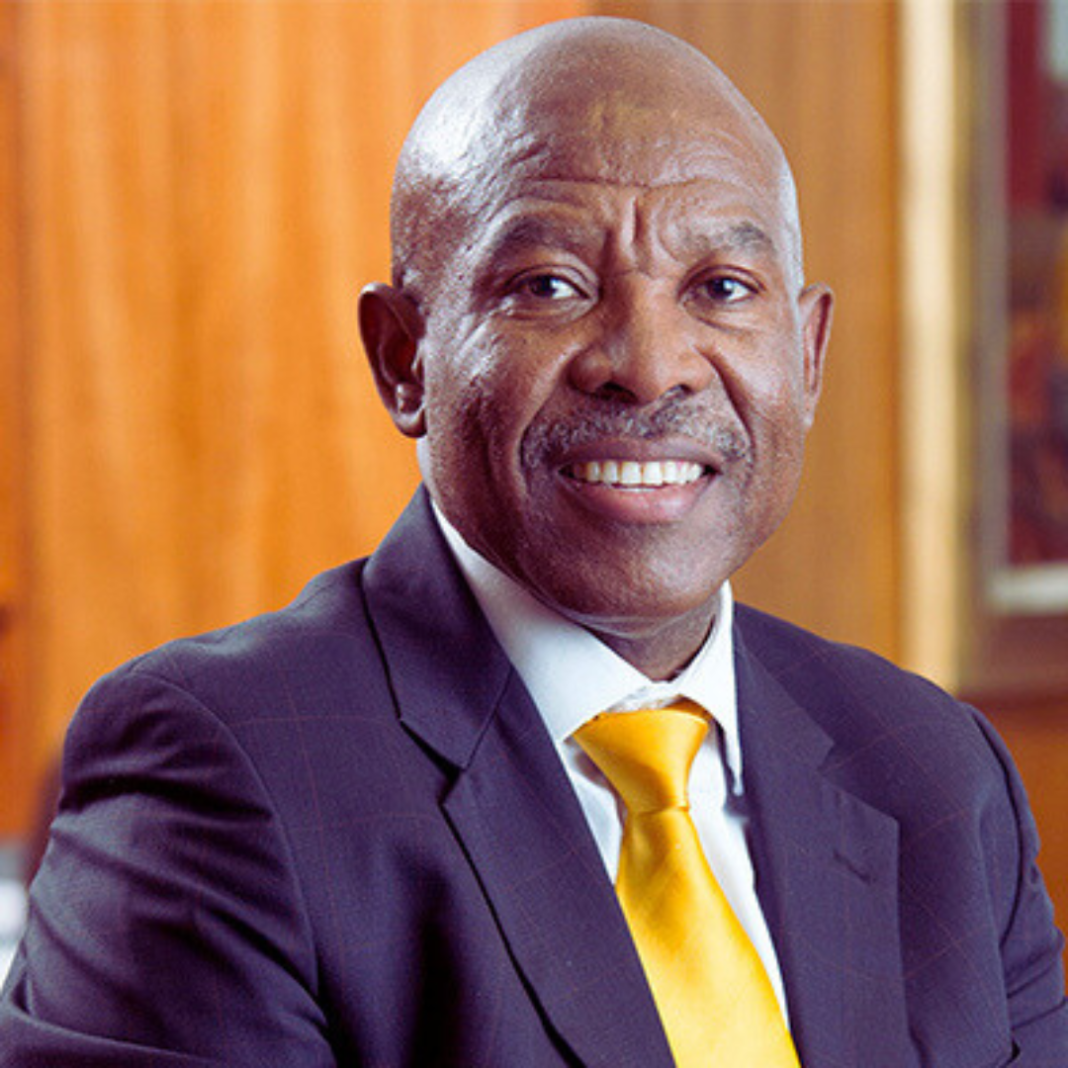South Africa’s rand has further room to strengthen if the government in Pretoria pushes ahead with reforms and prudent policies, the country’s central bank chief Lesetja Kganyago told Reuters.
The currency of Africa’s most industrialised nation has been a top emerging market performer, strengthening some 2.5% against the US dollar since the start of the year while most of the rand’s peers have suffered losses against the greenback.
“There should be positive momentum and that positive momentum is not going to be something just driven by the markets,” Kganyago, the governor of the South African Reserve Bank, said in an interview on Thursday on the sidelines of the International Monetary Fund and World Bank annual meetings in Washington.
“It’s going to be whether government continues to act with resolve and stays the path in terms of prudent policies and structural reforms going forward,” he said, adding that momentum for reforms would not just bolster the currency but could also support the country’s bonds and stocks.
South Africa’s National Treasury announced over the summer a number of reforms in the energy, freight, water, and telecommunications sectors, and has pledged to reduce spending and raise revenue as well as take further steps to lower borrowing over the medium-term period.
The rand has enjoyed broad gains since the African National Congress was forced to forge alliances with other political parties after failing to win a parliamentary majority in an election in May – its first such defeat since the 1994 election that marked the end of white minority rule and apartheid.
“If you restore investor or consumer confidence, it’s like a free stimulus for you,” he said.
Asked about efforts by South African policymakers to lower the inflation target from the current 3%-6% range, Kganyago said work was underway between the National Treasury and the central bank on arriving at the target, and he was hopeful the process would be concluded next year.
“Where there is absolutely no disagreement on is that the target must be lower. But how far lower?” he said, adding that the out-of-line target meant the country was losing competitiveness.
REUTERS

